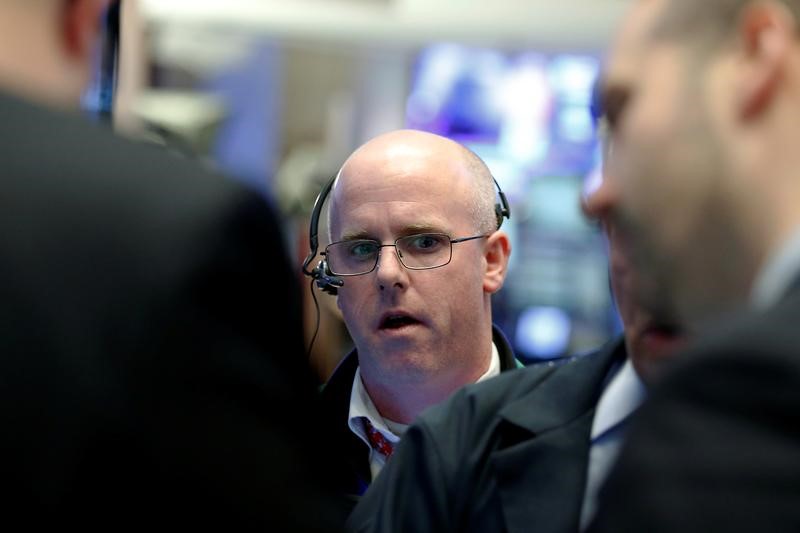© Reuters.
Zebra Technologies reported a 30% drop in Q3 2023 sales to $956 million, attributing the decline to market softness and protracted sales cycles. Despite declines across all product categories, services and software emerged as strong performers. The company anticipates a significant sequential improvement in profitability in Q4, following cost restructuring actions projected to save $100 million annually. However, Zebra remains cautious, expecting Q4 sales to fall between 32% and 36% compared to the previous year.
Key takeaways from the call include:
- Zebra highlighted recent wins, including a global technology provider adopting Zebra’s machine vision solution and a European healthcare system utilizing Zebra’s technology for real-time tracking of medical equipment.
- The company is working with customers on budgeting and technology refreshes for 2024.
- Supply chain costs and volume deleveraging impacted Q3 margins, but pricing actions and service/software margins have helped mitigate these effects.
- Zebra sees growth opportunities in the healthcare and manufacturing sectors, with a focus on machine vision and robotic automation.
- The company expects the e-commerce/retail and transportation/logistics markets to rebound, with inventory restocking following sales improvements.
Zebra Technologies has been actively addressing the challenges in their sales cycles and margins. The company is working with customers on budgeting and technology refreshes for 2024. They have also been taking steps to mitigate the impact of supply chain costs on their margins, such as rebalancing manufacturing and distribution capacity to lower volumes and pricing actions.
The company sees opportunities for future growth in the healthcare and manufacturing sectors. They are developing specific products for the healthcare market to improve productivity and patient safety. In manufacturing, the focus is on machine vision and robotic automation. Zebra Technologies (NASDAQ:ZBRA) is also shifting sales resources to manufacturing and recruiting more partners in that area.
Zebra anticipates a recovery in the e-commerce/retail and transportation/logistics markets, driven by increased demand and the utilization of excess capacity. They also noted that customers are currently using assets longer but will eventually need to upgrade due to factors like older devices and the need for more advanced features.
Recent acquisitions, including Reflexis, Antuit, and Matrox, have been successful in enabling retail associates through task management, workforce management, and communication. Bill Burns, a representative from the company, expressed optimism about diversifying the offerings of Matrox into new markets like automotive and food and beverage. He also noted that Fetch and robotics automation present attractive opportunities in goods transport and e-commerce.
Despite near-term challenges, Zebra remains confident in their business and believes they are well-positioned for long-term growth. The company is grateful to their customers, partners, and employees for their continued support during these challenging times.
This article was generated with the support of AI and reviewed by an editor. For more information see our T&C.
Read the full article here

